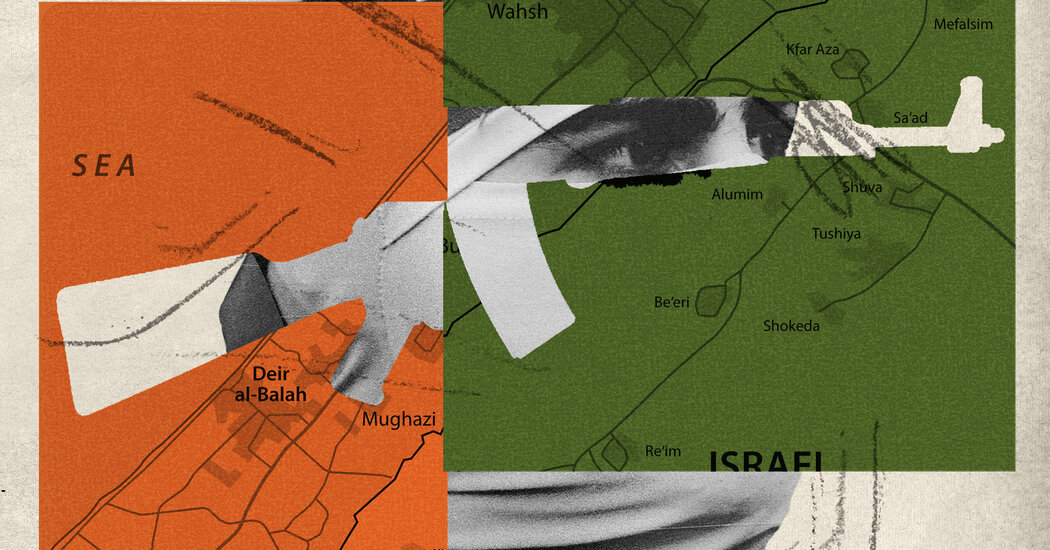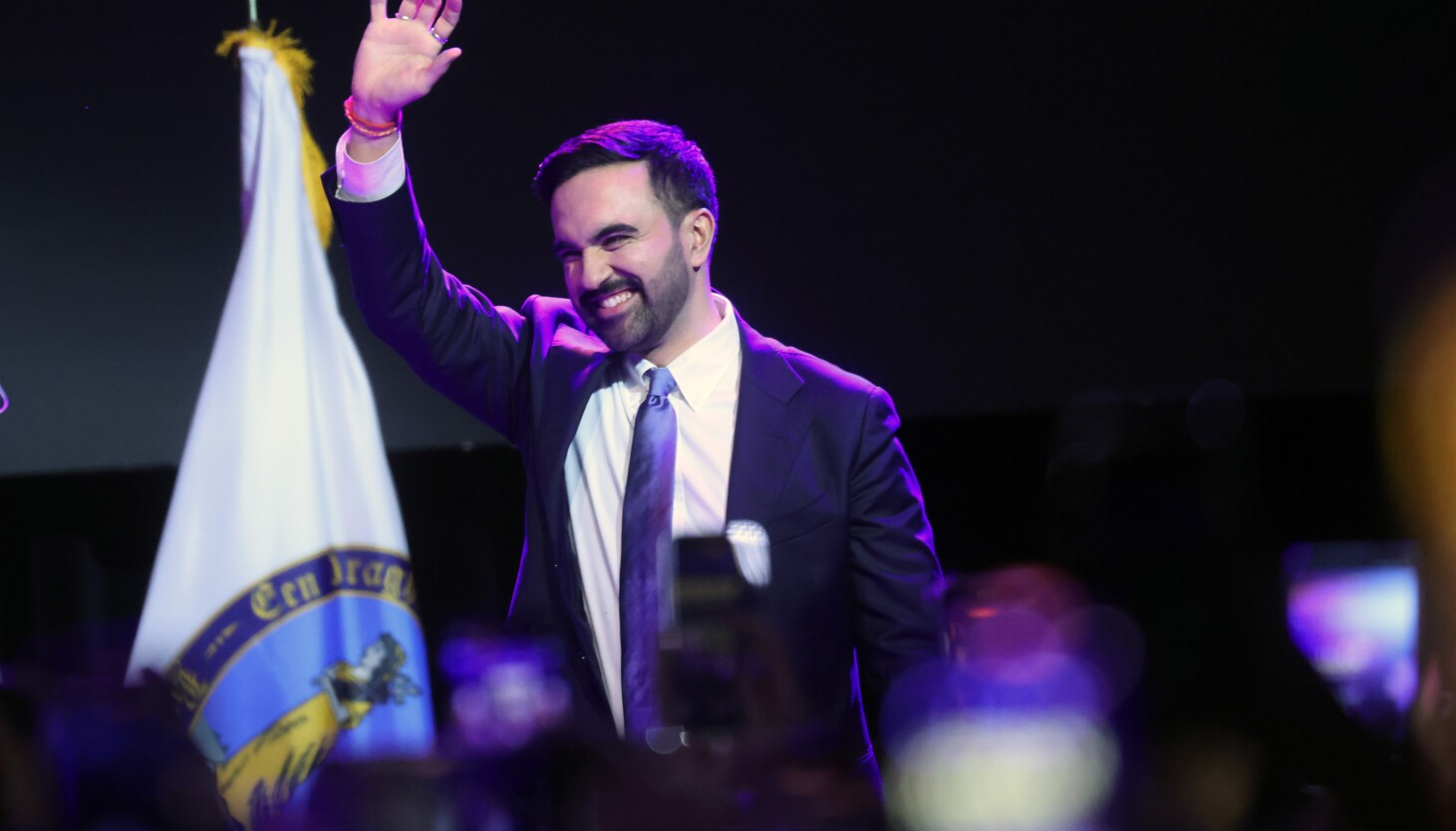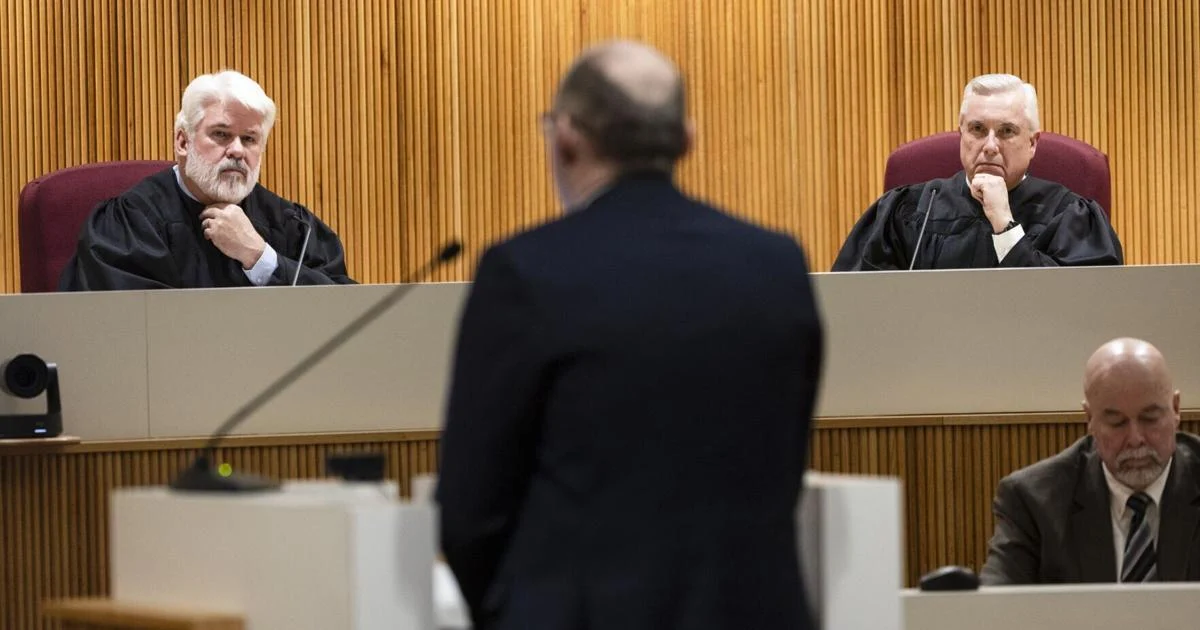Copyright The New York Times

After the cease-fire in Gaza and exchange of Israeli hostages for Palestinian prisoners, the next phase of President Trump’s peace initiative between Israel and Hamas centers on a critical issue: the requirement for Hamas to surrender its weapons. Israel, united by the trauma of the Hamas attacks of Oct. 7, 2023, that killed some 1,200 people, insists that stripping the group of its arsenal is nonnegotiable. Now Hamas faces a seemingly impossible dilemma: To comply would mean dismantling its foundation, and to refuse could invite another catastrophic war. Optimists argue that Hamas has no viable alternative and will eventually comply out of pragmatism. In this view, Hamas may yet accept the terms of Washington’s plan to guarantee its survival, although as a weakened political faction, as an alternative to a renewed devastating Israeli attack. The more likely view is that Hamas is unlikely to fully relinquish its arms, according to people who have studied the group and understand its psychology. It would cut to the core of its identity. For a movement that built its legitimacy around what it called resistance, giving up its weapons is not just a tactical concession; it is an existential unraveling. It is hard to predict with any certainty what Hamas will do in the end, given the many questions that remain about this phase of negotiations over the agreement. When Prime Minister Benjamin Netanyahu of Israel calls for disarming Hamas, as the agreement provides, is he referring to the destruction of its tunnels and offensive weapons, like missiles and rocket-propelled grenades, or everything, including light automatic weapons, like rifles and handguns? Likewise, how far is Hamas willing to go? Some of its leaders hint at flexibility, suggesting a phased or partial ceding of weapons, but no one truly knows the limits of that willingness. The history of Hamas shows how the issue of disarmament is not just one of mere logistics but of something deeper. The movement emerged in December 1987, days after the first Palestinian intifada erupted. It positioned itself as the Islamist alternative to the Palestine Liberation Organization, which was then shifting toward negotiation. Hamas soon began armed operations. In 1989, it kidnapped and killed the Israeli soldiers Ilan Saadon and Avi Sasportas, immediately defining itself through armed action and confrontation rather than political rhetoric and compromise. Its militancy reached a violent climax during the second intifada, when the group blew up buses in Israeli cities, making the movement feared in Israel and helping win political support among Palestinians who had lost faith in failed peace efforts. In 2006, disillusioned Palestinians voted Hamas into power in Gaza and the West Bank, likely believing that resistance could achieve what diplomacy could not. The Israeli withdrawal from Lebanon in 2000, widely attributed to Hezbollah’s armed campaign, reinforced the belief that force could deliver liberation. Today, after more than two years of war, that idea has collapsed. If Hamas lays down its arms, what can it tell its supporters? That decades of sacrifice have ended in surrender? For a movement that equates resistance with survival, disarmament feels like its own erasure. Hamas’s emblem features two crossed swords — a symbol of perpetual struggle. The movement’s leaders may believe this war, like previous conflicts in Gaza with the Israeli military, may end with a permanent cease-fire and survival. But they fail to grasp that for Israel, the stakes to restore the sense of security at the heart of its statehood, shaken when Hamas fighters breached its southern border, have become fundamental. Israeli leaders called the fight against Hamas a “second war of independence.” External pressure on Hamas has never been greater. Israel, the United States and the European Union demand disarmament. Arab governments, weary of Gaza’s endless wars, now quietly echo the call. Even places where Hamas has traditionally found some support, Qatar and Turkey, have signaled backing for the American initiative. Inside Gaza, civilians who lost homes and loved ones now question whether the movement’s weapons brought protection or devastation. Internal matters within Gaza further complicate Hamas’s ability to disarm. After Fatah, the dominant political force in the Palestinian Authority, ejected Hamas from control of the West Bank, Hamas violently ousted Fatah from Gaza, ruling the strip through a security apparatus built on loyalty and religious zeal rather than political professionalism. Hamas may well fear that disarmament would embolden rivals eager for revenge. The clashes with the Dagmush, one of Gaza’s most powerful clans, in October resulted in several deaths on both sides. The conflict serves as a reminder of what might follow if Hamas loses its monopoly on force. Some analysts propose making a distinction between offensive and defensive weapons in negotiations, allowing Hamas to keep the latter and offer a middle ground that could preserve its internal authority while easing international pressure. But Israel is unlikely to accept such nuance, and now there is little that would force it to do so. Gaza’s future, and perhaps the trajectory of Palestinian politics, depends on how this dilemma is resolved. Disarmament could open the door to reconstruction and reconciliation by removing a pretext for Israel to block rebuilding. Or it could lead to internal chaos, giving other groups and families the opportunity for revenge.



